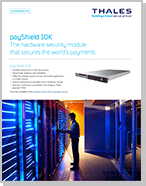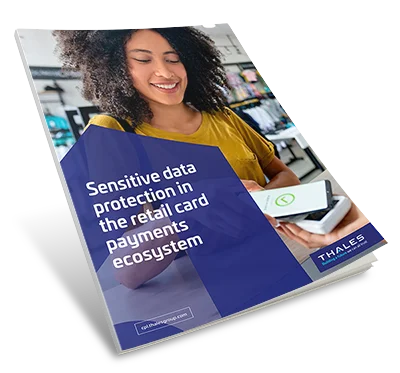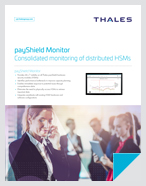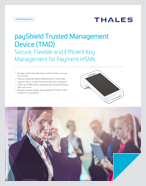PCI HSM
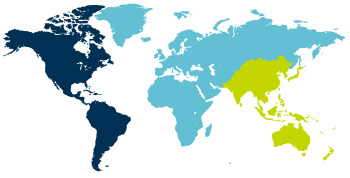
The PCI HSM specification defines a set of logical and physical security compliance standards for HSMs specifically for the payments industry. Compliance certification depends on meeting those standards.
The payShield 9000 HSM from Thales was one of the first HSMs to be successfully validated against the PCI HSM standard, including fundamental requirements for payment processes, including:
- PIN processing;
- Card verification;
- Key generation.
- Regulation
- Compliance
Certification Objectives
HSMs play a critical role in securing payment transactions, so it is essential that the HSMs themselves are kept secure throughout their lifecycle—from manufacturing and shipment to operation and decommissioning. The PCI HSM compliance certification standard provides HSM vendors with a strict set of security requirements and a rigorous process for having platforms assessed against these requirements.
Scope
PCI HSM compliance certification is increasingly becoming a fundamental requirement for various payment processes, including PIN processing, card verification, card production, ATM interchange, cash-card reloading and key generation.
The payShield 10K HSM has feature-rich software certified to the PCI HSM standard. It addresses all the processes below and more.
Hardware
To be PCI HSM compliant, a platform must address the following physical security requirements:
- Tamper-detection and response mechanisms
- Resilience to abnormal environmental and operating conditions
- Protection of sensitive data within the device
- Preventing disclosure of sensitive information by external monitoring techniques
- Protection of cryptographic keys inside the device, even if the security boundary is breached
Software and Settings
HSM software, configuration and management must address the following logical security requirements:
- Resilience against unexpected command sequences or operating modes
- Secure firmware management
- Strong authentication prior to running sensitive services
- Secure key management and key separation to prevent misuse and eliminate cleartext exposure of sensitive data and PINs
- Secure audit trail
Supply Chain
The HSM vendor is required to provide evidence to the PCI HSM evaluation team that effective processes are in place to ensure that the HSM is secured at all times, from the time of manufacture to packaging and shipment to the end user.
Other key data protection and security regulations
GDPR

Regulation
Active Now
Perhaps the most comprehensive data privacy standard to date, GDPR affects any organization that processes the personal data of EU citizens - regardless of where the organization is headquartered.
PCI DSS

Mandate
Active Now
Any organization that plays a role in processing credit and debit card payments must comply with the strict PCI DSS compliance requirements for the processing, storage and transmission of account data.
Data Breach Notification Laws

Regulation
Active Now
Data breach notification requirements following loss of personal information have been enacted by nations around the globe. They vary by jurisdiction but almost universally include a “safe harbor” clause.

